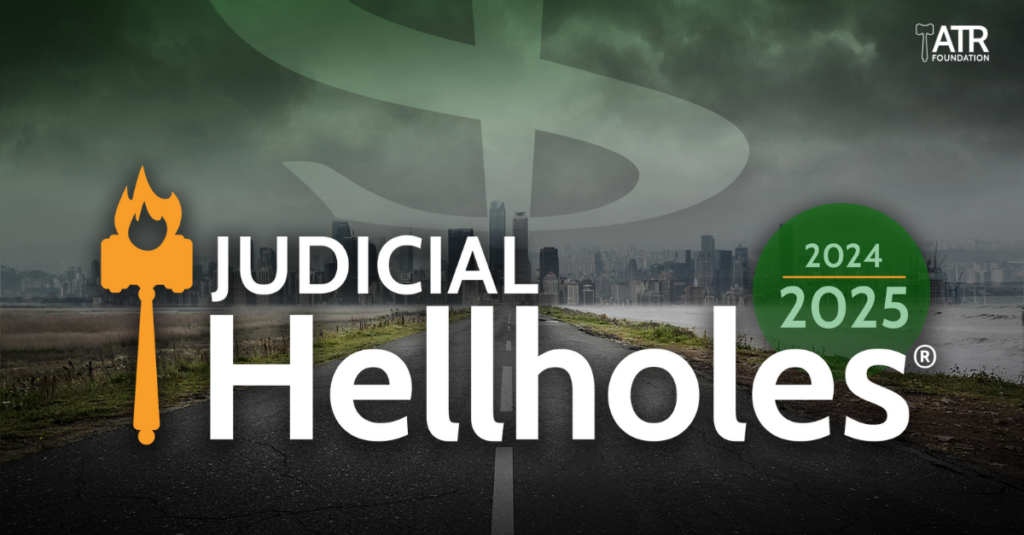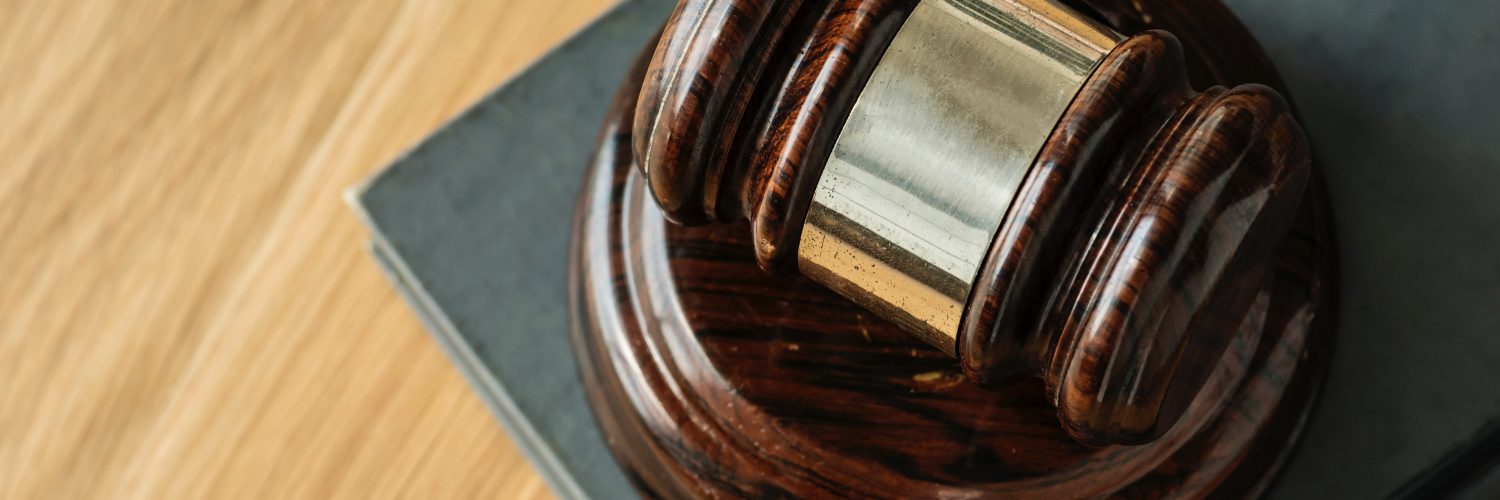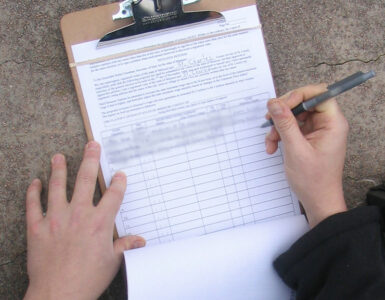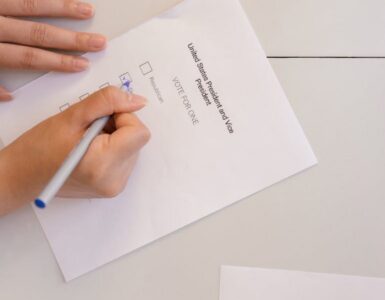Since 2002, the American Tort Reform Foundation (ATRF) has been publishing its annual Judicial Hellholes report, spotlighting jurisdictions where civil court judges systematically apply laws and court procedures in an unfair manner, often discrediting defendants. The report aims to expose judicial imbalances that can affect the fairness of civil litigation, undermining the principles of impartiality and justice. By documenting these practices, the ATRF provides a critical resource for understanding systemic issues in specific courts across the United States.
The report
The Judicial Hellholes report is based on year-round monitoring conducted by the American Tort Reform Association (ATRA), supplemented by feedback from ATRA members and other firsthand sources. Published findings are intended to spark reform, encouraging judges to address these issues voluntarily or prompting legislative action where necessary. This initiative underscores the importance of transparency and accountability in maintaining trust in the legal system, highlighting the need for balanced court procedures to ensure fairness for all parties involved.

Arizona: A ray of light
It’s not all bad news. Not only did Arizona avoid the naughty list, but it was named a Ray of Light for updating its rules of evidence governing expert testimony to align with the amended Rule 702 of the Federal Rules of Evidence.
The amendment addresses a common issue where courts had incorrectly assessed the reliability of an expert’s methods and data as a matter of weight for juries rather than a threshold question of admissibility. This misapplication often allowed unreliable or misleading testimony based on flawed data to reach juries, undermining the integrity of judicial outcomes.
“[J]udicial gatekeeping is essential because just as jurors may be unable, due to lack of specialized knowledge, to evaluate meaningfully the reliability of scientific and other methods underlying expert opinion, jurors may also lack the specialized knowledge to determine whether the conclusions of an expert go beyond what the expert’s basis and methodology may reliably support,” said Judge Denise Cote, U.S. District Court for the Southern District of New York.
The revised Rule 702 requires parties introducing expert testimony to prove to the judge that the testimony “more likely than not” satisfies all the rule’s requirements before it can be admitted. Additionally, the rule emphasizes that experts cannot present claims unsupported by their basis and methodology. By reinforcing the judge’s role as a gatekeeper, the amendments aim to ensure that only reliable, scientifically sound testimony enters the courtroom, protecting the judicial process.
Civil justice environment critical to state’s competitive standing
“Arizona has a long record of pursuing reforms that discourage frivolous litigation,” said Courtney Coolidge, executive vice president of the Arizona Chamber of Commerce & Industry. “Arizona rightly has earned accolades for tort reform, which has positively contributed to the state’s economic success. Credit to lawmakers for ensuring we don’t earn the dubious distinction of landing on ATRA’s hellholes list.”
On Coolidge’s to-do list is injecting greater transparency into third-party litigation funding.
“We’ll continue to educate lawmakers from both parties about the ways outside funding distorts the civil justice system and encourages expensive, time-consuming litigation,” Coolidge said.
















Add comment